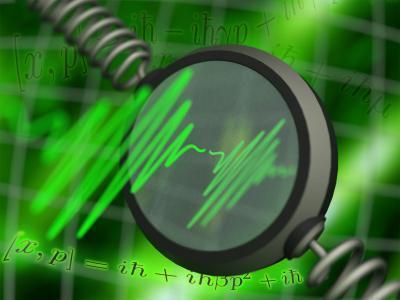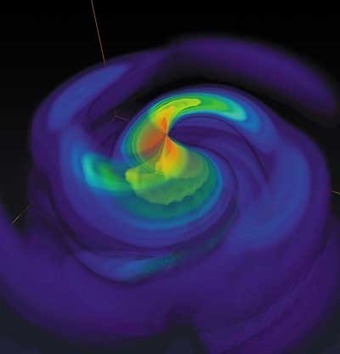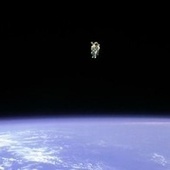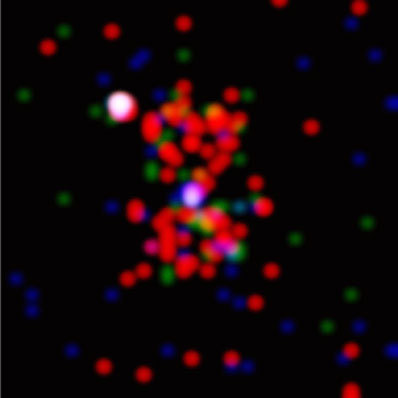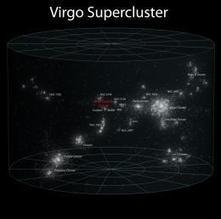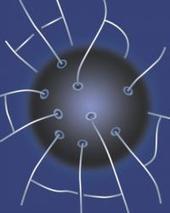Out of all these new ideas there is one that perhaps defies intuition more than all others: that space, when you zoom in on it, stops being a smooth and continuous whole and starts breaking up into little indivisible chunks of some kind. This idea is truly mind-boggling. When you think of little chunks you can't help but think of them as existing inside something else and this something is — well, continuous. Another visualisation is to imagine space becoming fuzzy at this fundamental scale. But what exactly does that mean? Fuzzy with respect to what? Our macroscopic intuition simply isn't equipped to deal with a non-continuous space. Maths is the only language in which to talk about this, but ordinary geometry won't do — we need a completely new model of space. Shahn Majid from Queen Mary, University of London, has developed such a model, based on something called non-commutative geometry. His work is a fascinating blend of abstract algebra, theoretical physics, philosophy and experiment. Plus went to see him to find out more.

 Your new post is loading...
Your new post is loading...
 Your new post is loading...
Your new post is loading...




